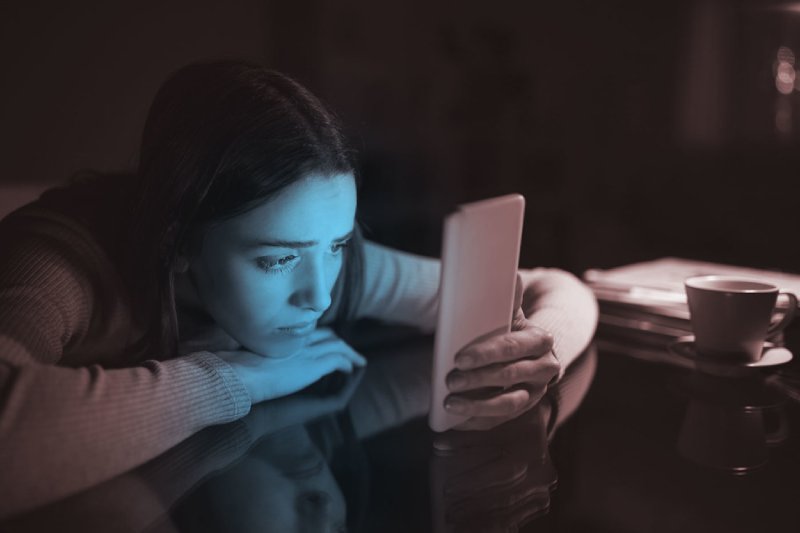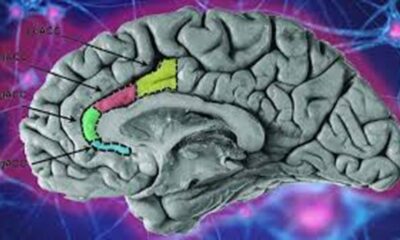With the use of face recognition software on your smartphone, an AI-powered app created by researchers at the University of Dartmouth claims to be able to identify symptoms of sadness. It might even be able to warn you before you even realize you’re depressed.
MoodCapture is an app that analyzes your moods using the front-facing camera on your phone. MoodCapture’s co-creator, Andrew Campbell, a computer scientist at Dartmouth, told The Daily Beast via email that the software offers “in-the-moment” analysis to “predict your depression” as you use the facial unlock feature throughout the day.
“My own family is not exempt from the profound effects that mental illness has on people,” Campbell added. “An app similar to MoodCapture has the potential to greatly assist people with depression in the future, provided we can successfully negotiate the difficult privacy and ethical challenges. It could offer individualized solutions to support people in functioning and maintaining their health when paired with other AI tools.
Although the researchers has already released an advance copy of their article on Arxiv, they want to discuss their findings at the Association of Computing Machiner’s CHI conference in May 2024. 177 people with major depressive illness who used MoodCapture throughout a three-month period were included in the study.
Over 125,000 images were gathered by the app, with an average of six pictures every day. By the end of the trial, MoodCapture was able to accurately identify 75% of participants’ early depressive symptoms. Additionally, the group produced a more customized model that resulted in an 80 percent increase in accuracy.
“The model focuses on a myriad of facial features, including expressions stemming from muscle activations, eye gaze, head pose, and the 2D/3D locations of various face landmarks such as lips and eyes,” Campbell said. “AI is used to derive meaningful insights from each image, including factors like lighting conditions, the number of people in the image, dominant colors, photo location, and background objects.”
The software may be able to identify depression symptoms before users are even aware that they are experiencing problems, the scientists continued. This could improve mental health outcomes by enabling patients to receive assistance or therapy before their situation worsens.
The software has a lot of potential, but there are also a lot of reasons to be concerned. Using AI technology in this way has the potential to have negative unexpected consequences, to start with. Bias and discrimination have a long and vile history in this nascent technology. In the past, problems with facial recognition AI have resulted in things like Google Photos misidentifying Black users’ faces as animals or criminal justice models mistakenly classifying individuals of color as suspects in crimes.
This could lead to unfavorable effects in terms of a depression detection app. For instance, it might not be able to recognize symptoms of depression in persons of color. Or it could lead someone to believe they are depressed when they are not. The model “exhibits higher representation of females and White participants, raising concerns about potential biases and limitations in generalizability,” according to Campbell, who accepts the possibility of bias.
“It is crucial for the efficacy and validity of such a method to reach an accuracy level of around 90 percent and deal with bias before it would be widely available,” he explained, later adding that the “billions of images” that major tech companies like Google and Apple handle can help provide the scale to further refine their app.
However, security and privacy continue to be major concerns. especially while every study participant provided informed agreement for the recording of their face photographs, privacy activists are nonetheless very concerned about third parties acquiring personal data, especially when those data are being utilized for commendable initiatives like diagnosing and treating depression.
“While acknowledging significant privacy concerns, I believe addressing these issues is feasible,” Campbell said. “For example, in a future MoodCapture app, all image processing and training will occur directly on AI processors within phones, ensuring that no images leave the device.”
MoodCapture is still only a proof of concept for now. AI is more than just “woke” image producers and chatbots. Additionally, it could help you understand more about your mental health and yourself, as well as obtain support when you need it.
“Many people have no access to mental health professionals, but most people have phones,” Campbell said. “Achieving this goal is akin to a moonshot in the field of mental health.”
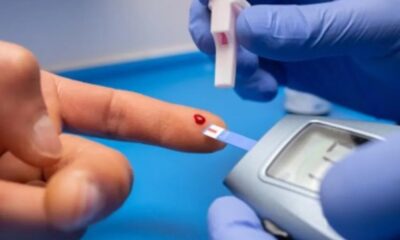
 Diabetology2 weeks ago
Diabetology2 weeks ago
 Diabetology2 weeks ago
Diabetology2 weeks ago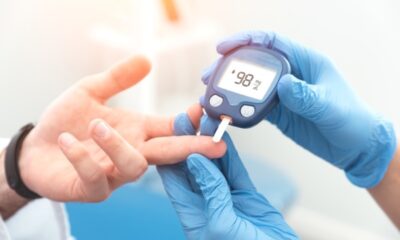
 Diabetology2 weeks ago
Diabetology2 weeks ago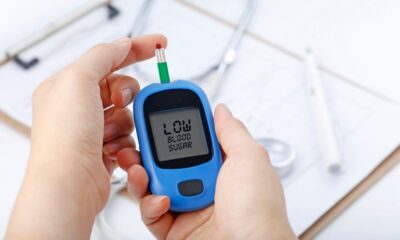
 Diabetology2 weeks ago
Diabetology2 weeks ago
 Diabetology2 weeks ago
Diabetology2 weeks ago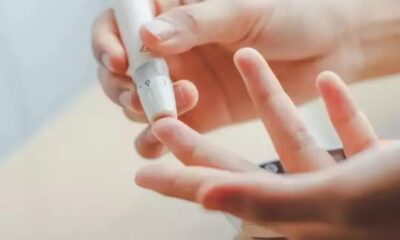
 Diabetology2 weeks ago
Diabetology2 weeks ago
 Diabetology2 weeks ago
Diabetology2 weeks ago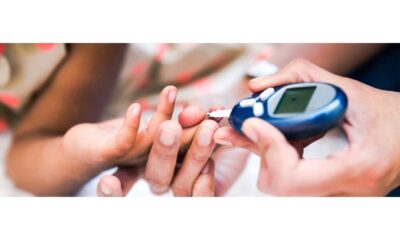
 Diabetology2 weeks ago
Diabetology2 weeks ago
